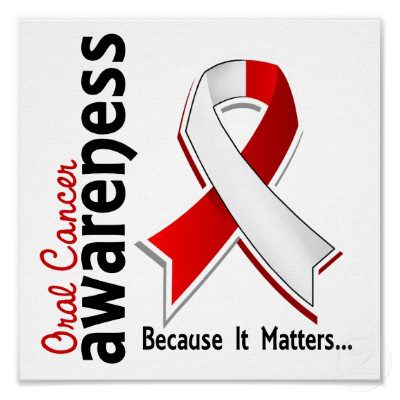You may be saving calories by drinking diet soda, but when it comes to enamel erosion of your teeth, it's no better than regular soda.
 In the last 25 years, Kim
McFarland, D.D.S., associate professor in the University of Nebraska Medical
Center College of Dentistry in Lincoln, has seen an increase in the number of
dental patients with erosion of the tooth enamel - the protective layer of the
tooth. Once erosion occurs, it can't be reversed and affects people their whole
life.
In the last 25 years, Kim
McFarland, D.D.S., associate professor in the University of Nebraska Medical
Center College of Dentistry in Lincoln, has seen an increase in the number of
dental patients with erosion of the tooth enamel - the protective layer of the
tooth. Once erosion occurs, it can't be reversed and affects people their whole
life. "I'd see erosion once in a while 25 years ago but I see much more prevalence nowadays," Dr. McFarland said. "A lot of young people drink massive quantities of soda. It's no surprise we're seeing more sensitivity."
Triggers like hot and cold drinks - and even cold air - reach the tooth's nerve and cause pain. Depending on the frequency and amount of soda consumed, the erosion process can be extreme.
She said according to the National Soft Drink Association, it's estimated the average American drinks 44 gallons of soda pop a year. Phosphoric and citric acid, which are common ingredients in many popular sodas and diet sodas, alters the pH balance in the mouth and can cause tooth erosion over time.
"It can be more harmful than cavities because the damage causes tooth sensitivity," Dr. McFarland said. "If a tooth is decayed a dentist can fix it by placing a filling, but if a tooth is sensitive there is really nothing a dentist can do.
"Tooth sensitivity can become a lifetime problem, limiting things we like to drink and even food choices. You could crown all your teeth but that is costly and a rather extreme solution," Dr. McFarland said.
 "It hurts to consume cold
and hot foods and beverages. Some of my patients tell me when they go outside
in the winter they don't open their mouth or the cold air causes pain."
"It hurts to consume cold
and hot foods and beverages. Some of my patients tell me when they go outside
in the winter they don't open their mouth or the cold air causes pain." In addition, a significant number of scientific studies show a relationship between the consumption of soda and enamel erosion and cavities.
Dr. McFarland said it's best not to drink soda at all, but she offers tips for those who continue to drink it.
·
Limit consumption of soda to meal time
·
Don't drink soda throughout the day
·
Brush your teeth afterwards -- toothpaste re-mineralizes or
strengthens areas where acid weakened the teeth
·
If tooth brushing is not possible, at least rinse out your mouth
with water
·
Chew sugar free gum or better yet, gum containing Xylitol.
·
Article
adapted by Medical News Today from original press release. Source:
University
of Nebraska Medical Center
Cheese And Dairy
Products May Prevent Cavities
Consuming
dairy products is vital to maintaining good overall health, and it's especially
important to bone health. But there has been little research about how dairy
products affect oral health in particular. However, according to a new study
published in the May/June 2013 issue of General Dentistry, the
peer-reviewed clinical journal of the Academy of General Dentistry
(AGD), consuming cheese and other dairy products may help protect teeth against
cavities







